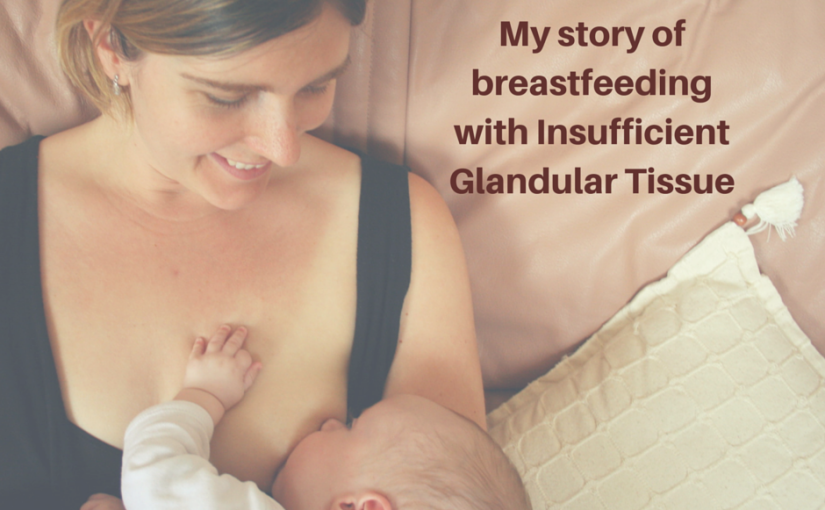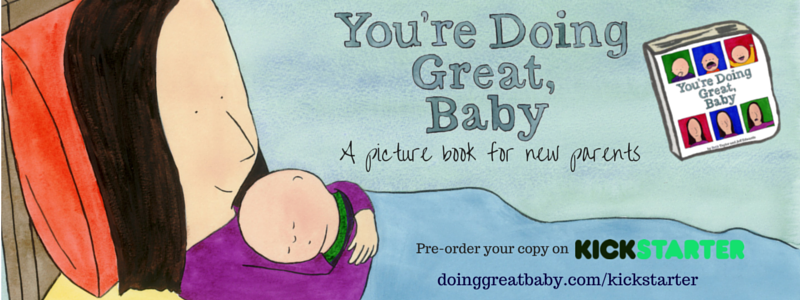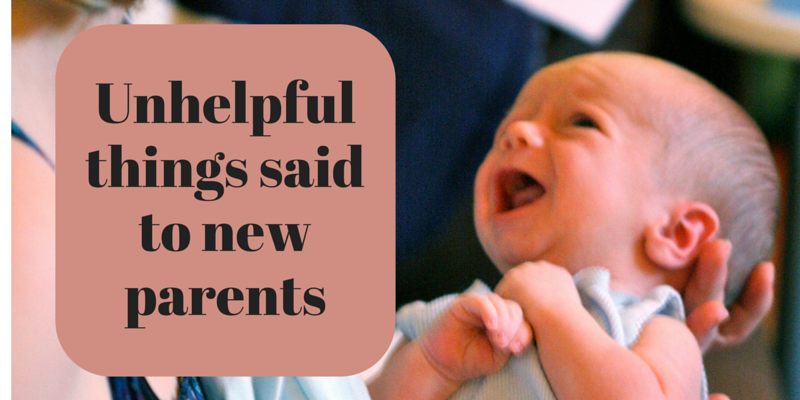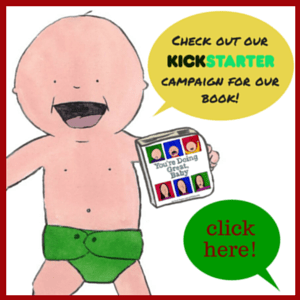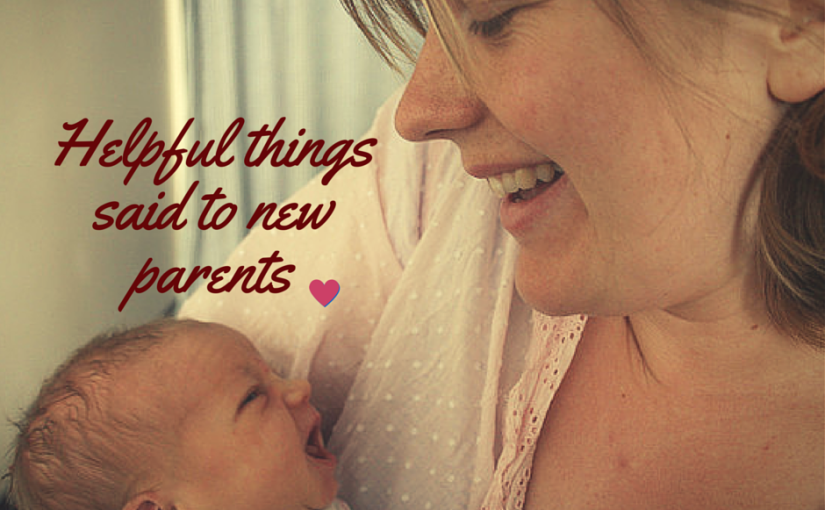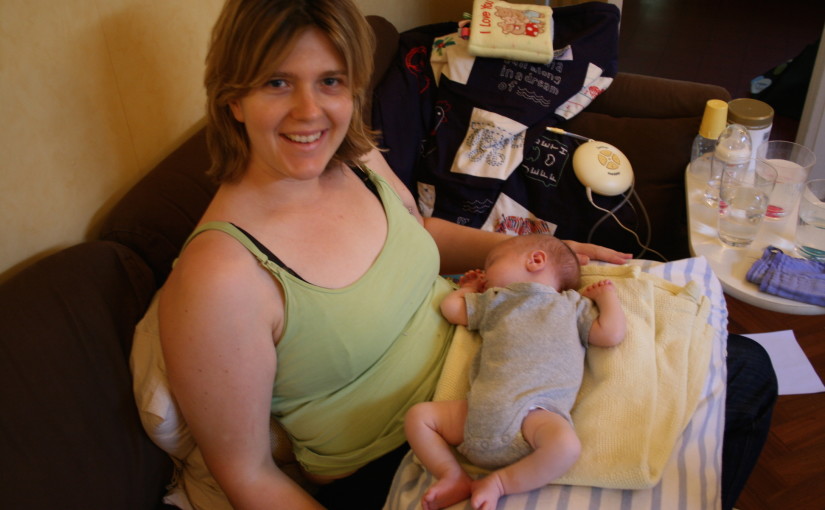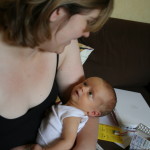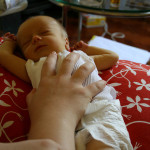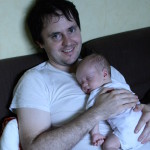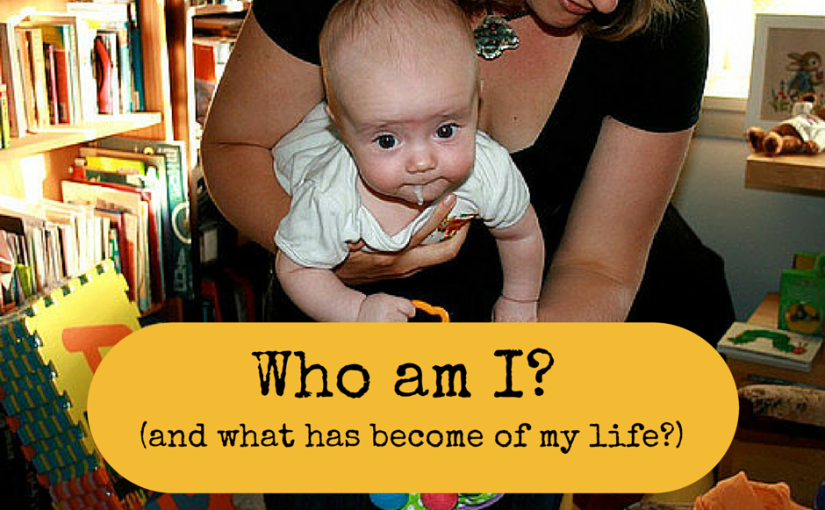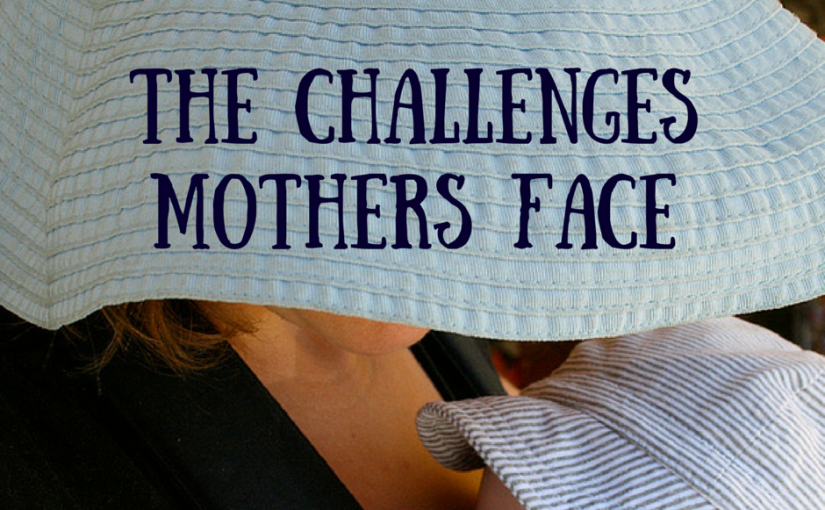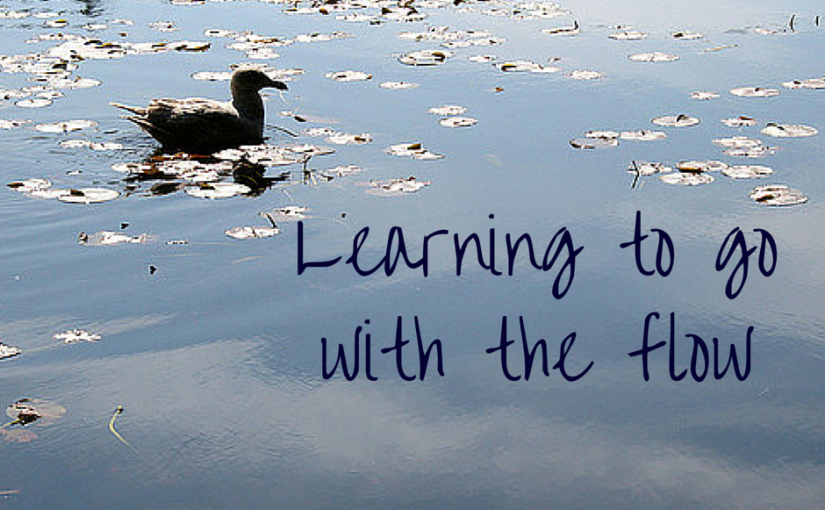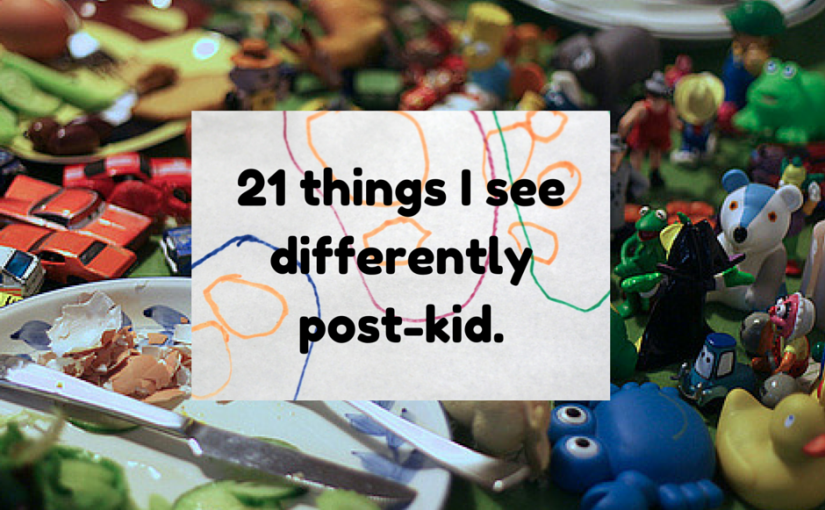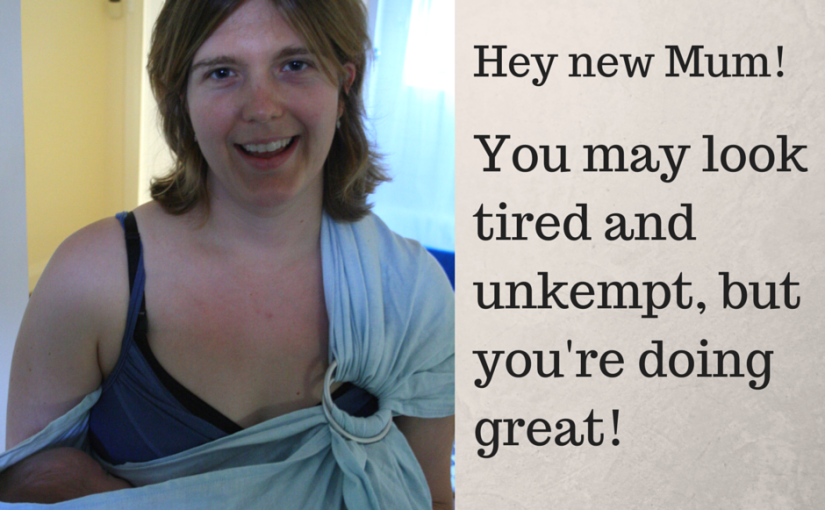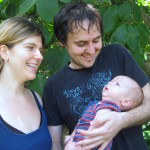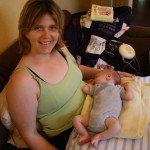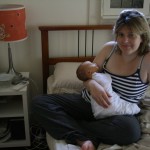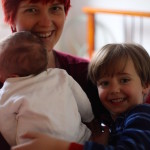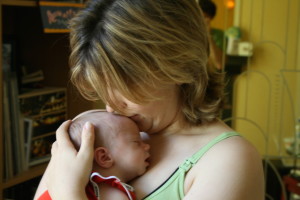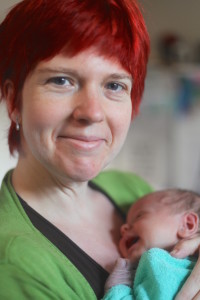It’s World Breastfeeding Week this week and to celebrate I wanted to write about my breastfeeding journeys with my two boys. It’s not a conventional story of “successful” breastfeeding, but I am proud of our story.

I was diagnosed with Insufficient Glandular Tissue (IGT) when Leo (my eldest son) was 3 days old. I had been expecting to breastfeed through any challenges that came our way. I had read all the literature about ‘boobie traps’ and formula compromising your supply, so it was a horrible shock to have health professionals telling me that I needed to supplement him. I thought that if I saw enough Lactation Consultants someone would tell me that it had all been a bad dream, but no-one could tell me that I’d ever be able to produce enough milk for my little one.
Every bottle felt like a reminder of my inadequacy and failure as a mother.
To say that I was shattered by not being able to exclusively breastfeed is an understatement. I left the hospital feeling like Mother Nature and hours later I felt like a worthless piece of junk. It felt like I was grieving for a death – the death of a relationship with the most precious person in the world. I felt deeply ashamed of feeding Leo formula, and bewildered by all the extra jobs: sterilising bottles, counting out scoops of formula, having a warm bottle ready for him as soon as he needed it – all at a time of the greatest sleep deprivation.
 Chronic low supply is chronically depressing! Every time I expressed I was faced with it, every time he chugged down a bottle of formula I was faced with it. Eventually I had to stop pumping after his breastfeed in the middle of the night because I couldn’t sleep afterwards.
Chronic low supply is chronically depressing! Every time I expressed I was faced with it, every time he chugged down a bottle of formula I was faced with it. Eventually I had to stop pumping after his breastfeed in the middle of the night because I couldn’t sleep afterwards.
In those early days breastfeeding feels like mothering itself, and many of you would agree. Part of me agrees… I loved our time we had breastfeeding. BUT, when you have something like this happen, you’ve got to find another way of thinking or else you’ll go mad. It’s the first question you’re asked by GPs and other health professionals: “Are you breastfeeding?”. So if you ‘fail’ at breastfeeding it feels like you’ve failed full stop. Making new mothers feel like failures is so unhelpful.
Continue reading My story of breastfeeding with Insufficent Glandular Tissue
